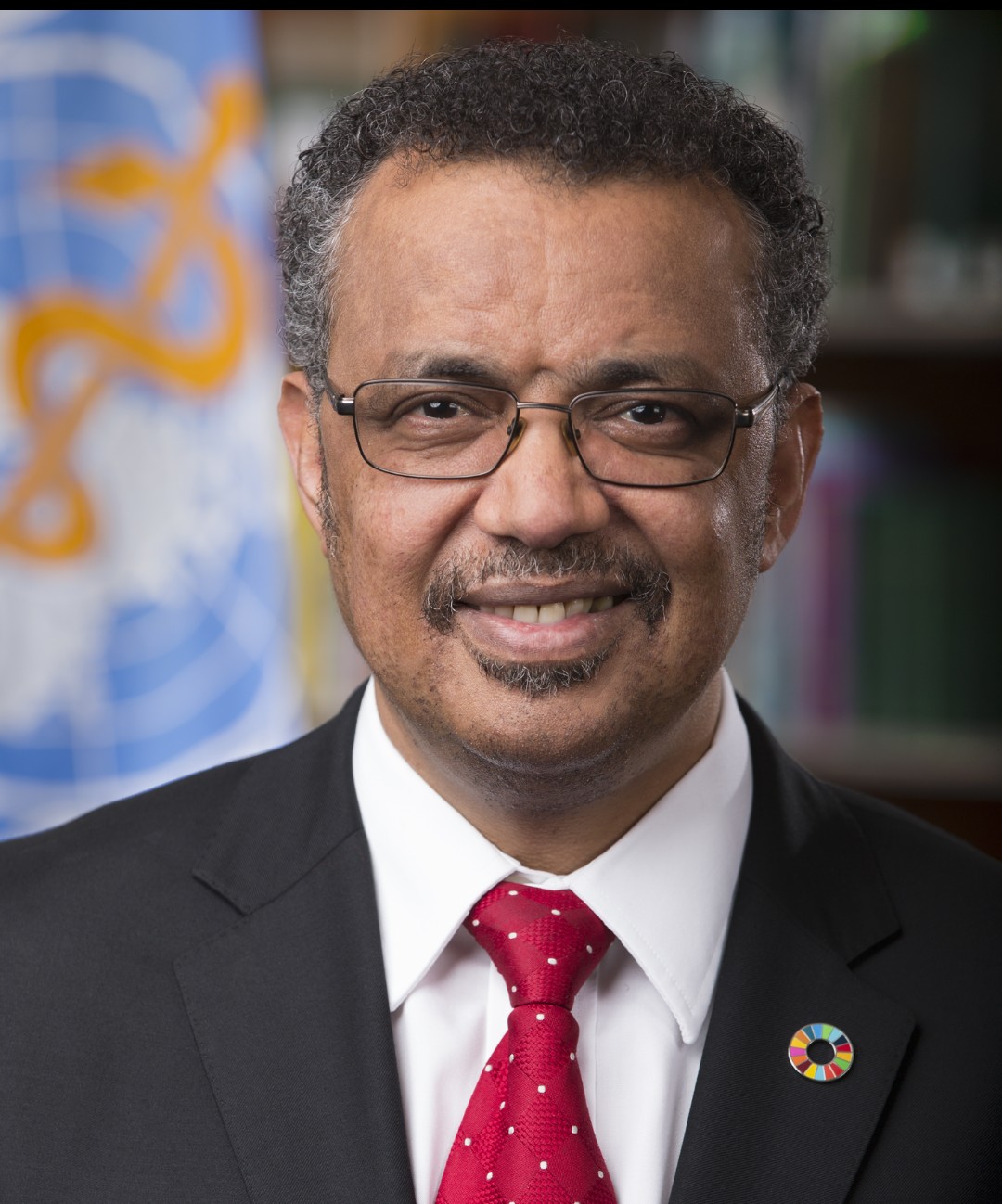An infodemic is an over-abundance of information, some accurate and some not that makes it hard for people to find trustworthy sources and reliable guidance when they need it. It poses a serious problem for public health since people need this guidance
to know what actions to take to protect themselves and others, and help mitigate the impact of a disease. In the context of the COVID-19 pandemic, the infodemic is exacerbated by the global scale of the emergency, and propagated by the interconnected way that information is disseminated and consumed through social media platforms and other channels. While the infodemic is a major challenge to outbreak response, it presents an opportunity to identify and adapt new preparedness and response tools.
The COVID-19 infodemic spans four major thematic areas where people look for trustworthy information and where there is misinformation and rumors: the cause and origin of the virus and disease; its symptoms and transmission patterns; available treatments, prophylactics and cures; and the effectiveness and impact of interventions by health authorities or other institutions.
WHO has been managing the infodemic through a wide range of methods such as timely and accurate technical guidance, scientific briefs and situation reports, regular press conferences, educational videos and trainings, “mythbusters,” active engagement on social media platforms and tailored guidance for key sectors such as healthcare, food and agriculture and travel and tourism, among others.
On 7 and 8 April, the WHO Information Network for Epidemics (EPI-WIN) held a two-day, global, online consultation on managing the COVID-19 infodemic. The consultation gathered ideas from an interdisciplinary group of experts and 1,375 webinar participants. Over 500 ideas were also submitted through an online interactive forum. These ideas will form the basis of a COVID-19 infodemic framework to guide actions of governments and public health institutions, and will be made available in the coming days. The framework will be built around four key principles:
- Interventions and messages must be based on science and evidence.
- This knowledge should be translated into actionable, behaviour- changing messages, presented in ways that are accessible to all sectors of all societies.
- Governments should reach out to key communities to understand their concerns and information needs, to better tailor advice and messages that can help these communities address their audiences.
- Strategic partnerships should be formed with social media and technology platforms and stakeholders, along with other relevant stakeholders such as those in academia and civil society.
The consultation highlighted clear themes and needs that will be further developed in the framework. They include, but are not limited to:
• The need for (a) international coordination of the response to the infodemic, even around such basic issues as terminology; and (b) coordinated and integrated methods to manage the flow of information
for maximum positive impact. To fill these gaps, an overview and understanding of the distribution and sharing of information is crucial.
• Public trust in the health authority and other relevant authorities is essential to mitigate the negative impact of an infodemic. In order to build and sustain trust, public health agencies and other authorities need to be transparent about developments as they unfold.
• Health education and health literacy are important to help people receive and act on reliable information.
• Resilience to misinformation depends on strong digital and health literacy. To facilitate this, authorities could run information campaigns on how to convey accurate information, in a similar way that they promote personal hygiene.
• Multidisciplinary cooperation is key to an effective response to an infodemic. The range and effectiveness of possible response measures increases in relation to the degree of cooperation between all these actors, across the whole of society.
• Widespread cultural change around the handling of online information may also be necessary (e.g.
individuals retracting and deleting inaccurate posts they might have shared).
• Accurate information must be adapted to different cultures, languages and literacy capacities, extending to marginalised and vulnerable communities.
• Health education before a crisis is always hugely valuable.
Managing the COVID-19 pandemic and related infodemic requires swift, regular, coordinated action from multiple sectors of society and government. The timely translation of evidence into knowledge that people can use, adapted to their local cultures, languages and contexts, will continue to be crucial to fighting misinformation and saving lives as the pandemic continues to evolve.
Conference material and speakers https://www.who.int/teams/risk-communication/infodemic-management WHO Information network for Epidemics www.who.int/epi-win

Thank you